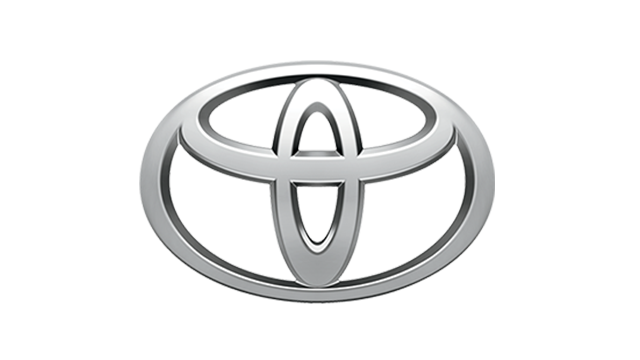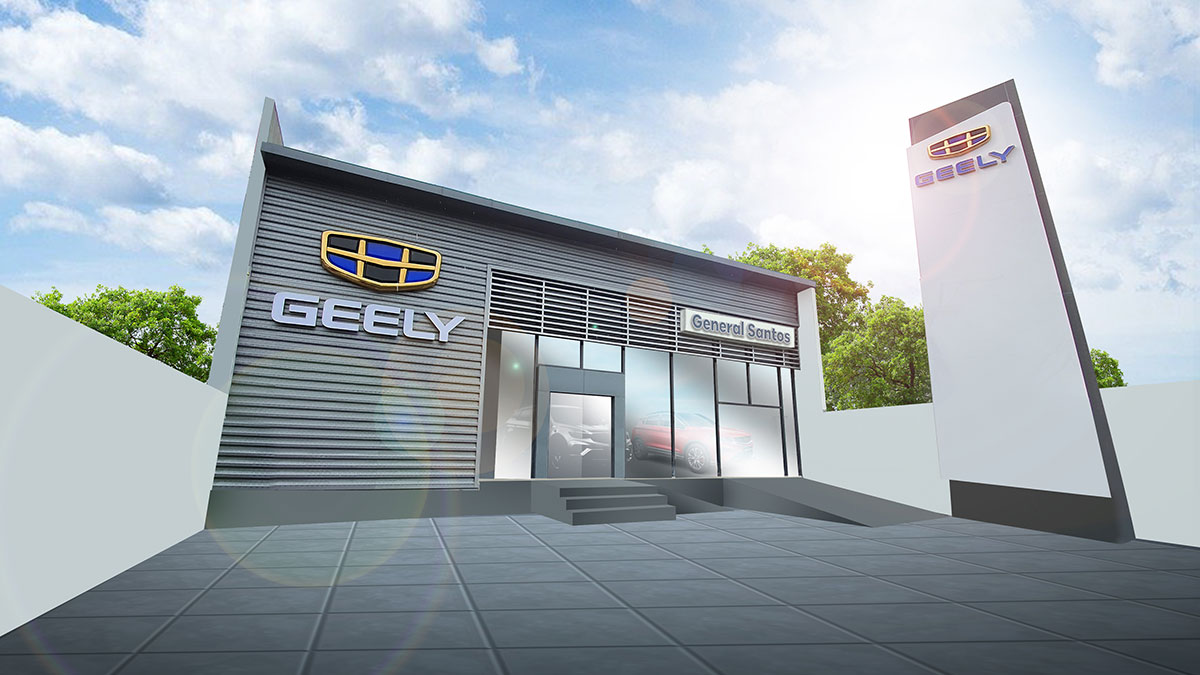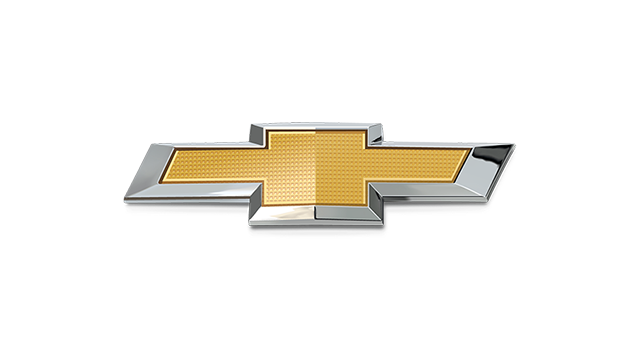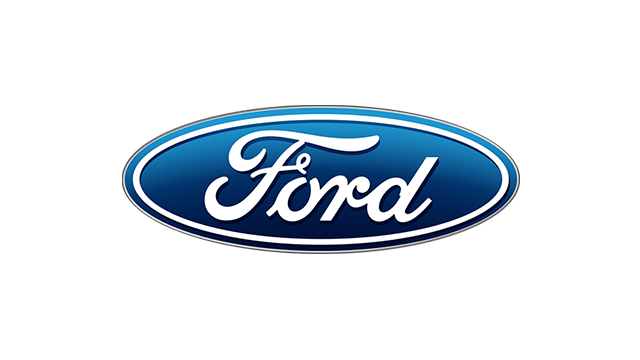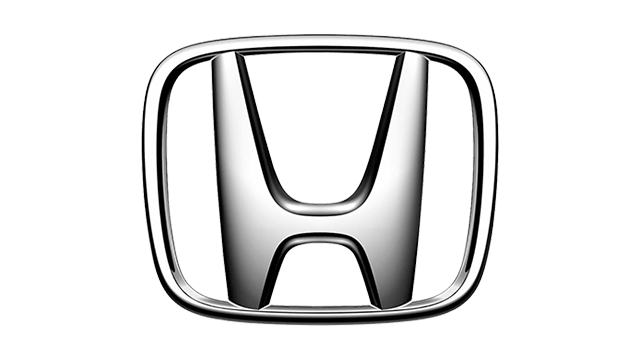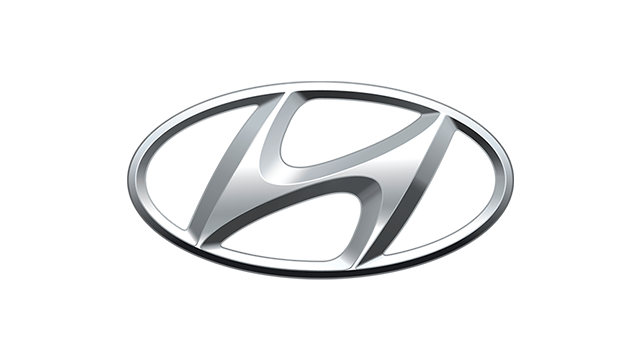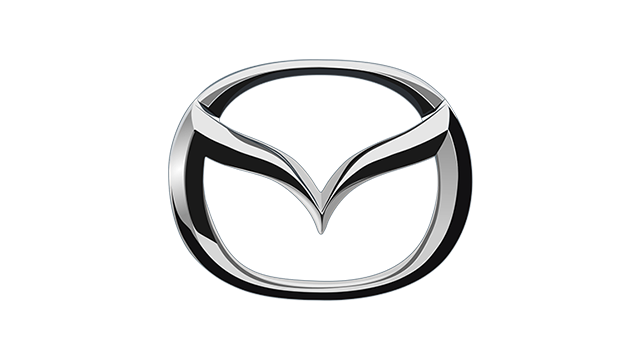Did you happen to buy a car last year? If yes, then a good pat on the back is in order, because you helped keep the local auto industry afloat during arguably the harshest downturn it’s ever faced.
According to data provided by the Chamber of Automotive Manufacturers of the Philippines (CAMPI) and the Association of Vehicle Importers and Distributors (AVID), only 244,274 units were sold in the Philippines in 2020—a steep drop compared with the 457,110 units sold in the country the year prior. That’s a massive 47% decline. Yikes.
Toyota cars are still on top
Not surprisingly, Toyota remains the country’s top car brand. The Japanese manufacturer sold 100,019 units last year despite suffering a 38% dip in sales. Mitsubishi comes a distant second with 37,366 units sold, and Nissan completes the top three with 21,751 units sold.
You can check out the full 2020 sales tally of CAMPI and AVID members in the chart. Note, however, that a handful of companies have yet to disclose their sales figures from last year. Look:
| Brand | Official distributor | 2020 sales |
| Toyota | Toyota Motor Philippines | 100,019 |
| Mitsubishi | Mitsubishi Motors Philippines | 37,366 |
| Nissan | Nissan Philippines | 21,751 |
| Hyundai | Hyundai Asia Resources Inc. | 16,651 |
| Suzuki | Suzuki Philippines | 15,515 |
| Ford | Ford Motor Company Philippines | 14,775 |
| Honda | Honda Cars Philippines | 11,711 |
| Isuzu | Isuzu Philippines Corporation | 11,240 |
| Foton | Foton Motor Philippines | 2,456 |
| Hino | Hino Motors Philippines | 2,214 |
| Geely | Sojitz G Auto Philippines | 2,158 |
| Kia | Adventure Cycle Philippines | 2,129 |
| Mazda | Bermaz Auto Philippines | 1,374 |
| Fuso | Sojitz Fuso Philippines | 828 |
| Subaru | Motor Image Pilipinas | 784 |
| Mercedes-Benz | Auto Nation Group | 620 |
| BMW | SMC Asia Car Distributors | 611 |
| Chevrolet | The Covenant Car Company | 503 |
| GAC | Legado Motors | 255 |
| Volskwagen | Automobile Central Enterprise | 177 |
| Jaguar Land Rover | Coventry Motors Corporation | 172 |
| Changan | Berjaya Auto Asia | 141 |
| Peugeot | Eurobrands Distributor | 137 |
| Lotus, Mini | British United Automobiles | 130 |
| Tata | Pilipinas TAJ Auto Group | 86 |
| MAN | MAN Automotive Concessionaires Corporation | 76 |
| SsangYong | SsangYong Berjaya Motor Philippines | 52 |
| BAIC | Universal Motors Corporation | 31 |
| Iveco | Columbian Motors Corporation | 12 |
| JMC | Dreamco Automotive | - |
| Daewoo | CMANC | - |
| Jinbei Auto | IKK Ichigan | - |
| Aston Martin | DBPhils Motorsports | - |
| Porsche, Audi, Bentley, Lamborghini | PGA Cars | - |
| JAC | Treisenburg Auto Corporation | - |
| Others | Others | 300 |
| Total | 244,274 |
This is definitely a rough look for the local auto industry, but thankfully, brands are bouncing back. In a statement, CAMPI president Rommel Gutierrez shared that car sales in December 2020 improved by 19.1% compared with the month prior, citing the holiday season and improving economic climates as drivers of growth.
“It is noteworthy that the holiday season has contributed to the uptick in demand for auto sales in December amid the improving business and consumer confidence,” Gutierrez shared, adding he expects that the organization’s adjusted sales target will be met.
“With CAMPI’s year-to-date sales of 223,793 units, we are optimistic that the total industry (target) of 240,000 units for 2020 will be surpassed.”
Challenges still ahead
AVID president Ma. Fe Perez-Agudo, meanwhile, acknowledged that challenges lay ahead for the local auto industry, but shared that car sales are beginning to bounce back as the country recovers from the COVID-19 pandemic.
“Automotive was among the hard-hit sectors in this pandemic and we continue to feel the impact as sales, after-sales and auto-related services remain lackluster. Despite the hurdles, the industry quickly adapted to the new normal, survived, and are finally seeing some signs of revival. However, we see more headwinds in the coming months,” she said in a statement.
Indeed, there’s a light at the end of the tunnel. The Philippine auto industry is forecasted to see double-digit growth in 2021, with sales expected to grow by as much as 21.5% year-on-year. This isn’t that bright an outlook when you take into account just how bad things got in 2020, but it’s a good sign nonetheless.
Frankly, there should be nowhere to go but up after the hell we went through last year. Then again, we don’t want to jinx it. Do you have plans to buy a car in 2021? Let us know in the comments why or why not.


